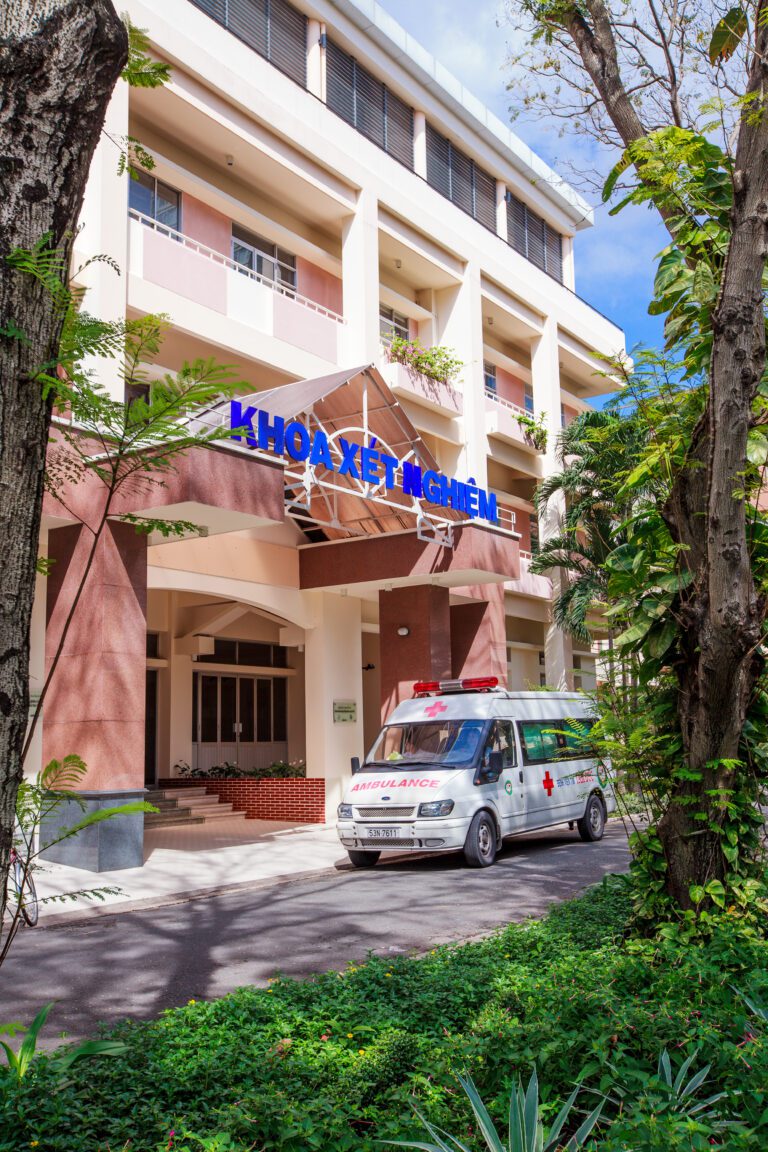This study is a collaborative effort between researchers from the Nuffield Department of Women’s and Reproductive Health (University of Oxford, UK), Sera Prognostics (US), Tu Du Hospital (Vietnam), and OUCRU’s Clinical Trials Unit. The study was conducted over approximately 800 working days, during which 268 preterm birth cases and 3,588 full-term birth cases were documented at Tu Du Hospital.
The study focused on a simple but crucial question: Can measuring the levels of two substances in a pregnant woman’s body (IGFBP4 and SHBG) help predict if her baby will be born too early? The result could give us an early warning sign of preterm birth, a serious concern for health professionals and expectant families worldwide.
Dr Evelyne Kestelyn, Head of the Clinical Trials Unit at OUCRU, commented on the success of the study: “The remarkable international partnership involving researchers from US, UK, and Vietnam, as well as the concerted efforts of OUCRU and Tu Du Hospital, was instrumental in testing this biomarker in a diverse population beyond just the US. This makes the findings more applicable and credible within the Southeast Asian context.”
The study successfully recruited 5,000 participants, with an exceptionally low number of loss-to-follow-up cases, totalling only 12. Additionally, there were 4 withdrawals, which is minimal considering the scale of the study. The study’s high retention rate underscores the commitment and effectiveness of the collaborative team in conducting large-scale clinical research in the region.
The validation of this biomarker in a Vietnamese setting is particularly significant given the differing genetic, nutritional, and environmental factors that can influence maternal and neonatal health outcomes compared to Western populations. By testing the biomarker in this context, OUCRU and its partners have taken a major step in ensuring that the prognostic tool is robust, culturally sensitive, and suitable for wider applications across Southeast Asia.
The study’s findings hold the potential to transform the management of pregnancies at risk of preterm birth in the region. With further research and the establishment of appropriate thresholds for the IGFBP4/SHBG ratio, this biomarker could enable early intervention and the application of preventive strategies to improve the health of mothers and their babies.
For more details on the study and its implications, visit the publication in the Journal of Maternal-Fetal & Neonatal Medicine.







